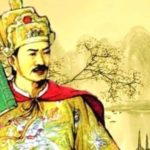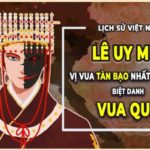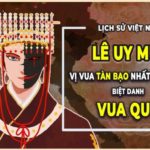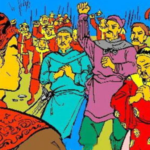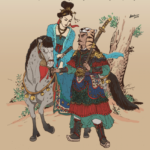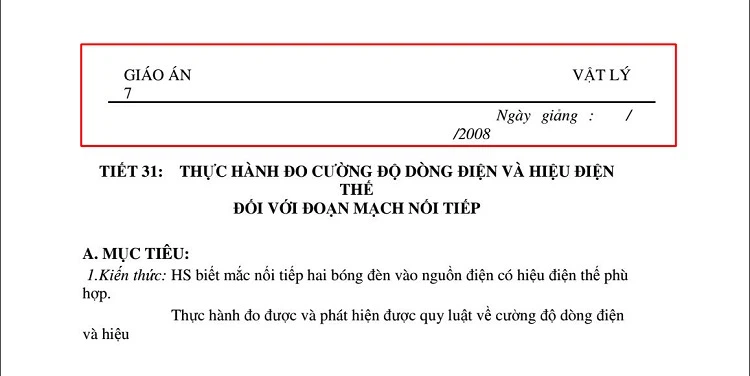The “Dai Viet Su Ky Toan Thu” historical records mention Giang Van Minh, a high-ranking official of the Public Works Department whose literary name was Quoc Hoa and pen name was Van Chung, serving during the Le Trung Hung dynasty. He earned the title of “Unwilling to Dishonor the King’s Mandate” for his resolute exchanges with the Ming court. His courageous stance led to his execution by the Ming Emperor, known as Tu Zong, in 1638 when he was 65 years old.
Born in 1573, Giang Van Minh hailed from Ke Mia village, Mong Phu commune, Cam Gia district, Phuc Tho county, Son Tay province. Today, his birthplace lies within Duong Lam commune, Son Tay town, Hanoi. He excelled in the Hoi exam, achieving the highest honor of Dinh Nguyen Tham Hoa in the Dinh exam in the 10th year of the Le Than Tong emperor’s reign (1628). Notably, as there were no Trạng Nguyên or Bảng Nhãn titles awarded in this exam, he was considered the top scholar. Following his academic success, he successively held various positions, including Binh Khoa Do Cap Su Trung in 1630 and Thai Boc Tu Khanh in 1631.
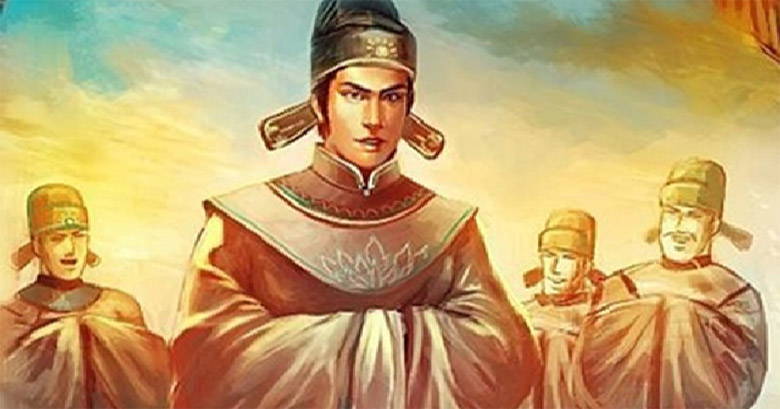
Giang Van Minh, born in 1573, originated from Ke Mia village, Mong Phu commune, Cam Gia district, Son Tay province
On the 30th of December in the 3rd year of Duong Hoa’s reign (1637), Giang Van Minh, along with Thiêm đô ngự Nguyễn Duy Hiểu, was appointed by the king as the main envoy. He led a delegation of four deputy envoys: Nguyễn Quang Minh, Trần Nghi, Nguyễn Bình, and Thân Khuê, on a mission to seek investiture and offer annual tributes to the Ming court. During this journey, aside from his famous exchange with the Ming Emperor, Giang Van Minh was also recognized for his efforts in abolishing the annual tribute of a golden statue.
According to ancient documents, during the Le dynasty, the country of Dai Viet had to pay tribute to the Ming court in the form of a golden statue as compensation for the death of General Liu Liu Sheng by Le Loi’s troops in 1427. In the book “The Vietnamese Envoys,” a story is recounted that on the Ming Emperor’s birthday, the emperor was furious upon seeing the presence of envoys from many countries but the absence of the Vietnamese envoy.
He sent his guards to inquire about the reason for their absence. When they arrived, the guards found Giang Van Minh lying on a bed, weeping. They forced him to appear before the court. In response to the emperor’s question about the reason for his absence, Giang Van Minh choked out:
“I know that my absence today is a grave offense, and I beg the Emperor for forgiveness. Today happens to be the death anniversary of my ancestor. Being far from home, I am unable to light incense in remembrance, which leaves me distraught.”
Hearing this, the emperor laughed and said:
“You need not cry! It is commendable that you uphold filial piety towards your ancestors. But when it comes to distant ancestors, there is no need for concern.”
Immediately, Giang Van Minh stopped crying, wiped his tears, and said:
“Your Majesty’s teachings are invaluable. I have thought along similar lines, but my mind remains uneasy due to distant matters that cannot be ‘exempted from discussion.’ For instance, the requirement for our country to pay tribute in the form of a golden statue to repay the debt of Liu Sheng, which has been ongoing for 200 years. Now, with Your Majesty’s wise teachings, I will set aside my ancestor’s death anniversary to join in this joyous occasion. May Your Majesty also ‘exempt from discussion’ the debt of Liu Sheng so that the relationship between our two countries will not be burdened by past events.”
Upon hearing this, the emperor realized he had been outwitted by the Vietnamese envoy but could not take back his words. He had no choice but to nod and order the cessation of the golden statue tribute.
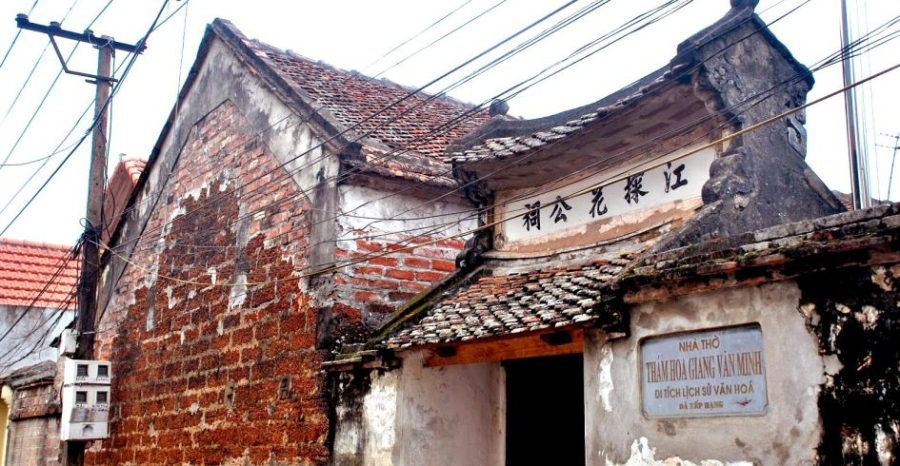
The Communion Church of Tham Hoa Giang Van Minh
The Audacity of Tham Hoa Giang Van Minh
The tale of Tham Hoa Giang Van Minh is not merely a historical anecdote but a symbol of the courage and prowess of a Dai Viet diplomat. His sharp arguments and intelligent responses left a profound impression, earning the respect of the Ming Emperor and his court. Giang Van Minh presented precise and justifiable arguments, especially in addressing a sensitive issue between the two countries, asserting that a great power should not overlook its defeat by a smaller one.
Giang Van Minh’s confidence and wit put the Ming Emperor in a difficult position, forcing him to justify his wrongdoings – namely, the execution of an envoy. This act revealed the Ming court’s fear of the strength and determination of the Dai Viet envoy. On the 2nd of June in the Ky Mao year (1639), even as the mission remained unaccomplished, the team of envoys led by Giang Van Minh continued to display unwavering resilience, signifying that the people of Dai Viet would never yield.
Going beyond mere praise, King Le Than Tong also recognized Giang Van Minh’s bravery and wisdom. Upon visiting his coffin, the king bestowed a couplet expressing his deep emotions and respect: “Sứ bất nhục quân mệnh, khả vi thiên cổ anh hùng,” which translates to “The envoy who was unwilling to dishonor the king’s mandate can be a heroic figure for eternity.” This couplet served not only as a token of gratitude but also as a testament to the glory of the 17th-century Dai Viet’s exceptional diplomat, leaving an indelible mark on posterity.
























